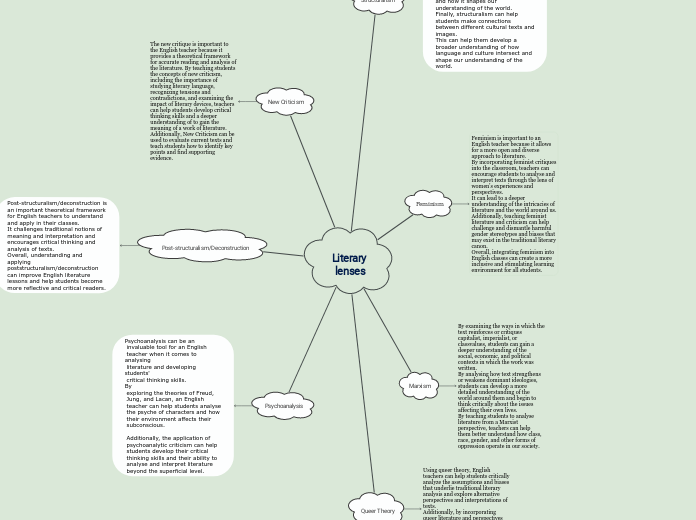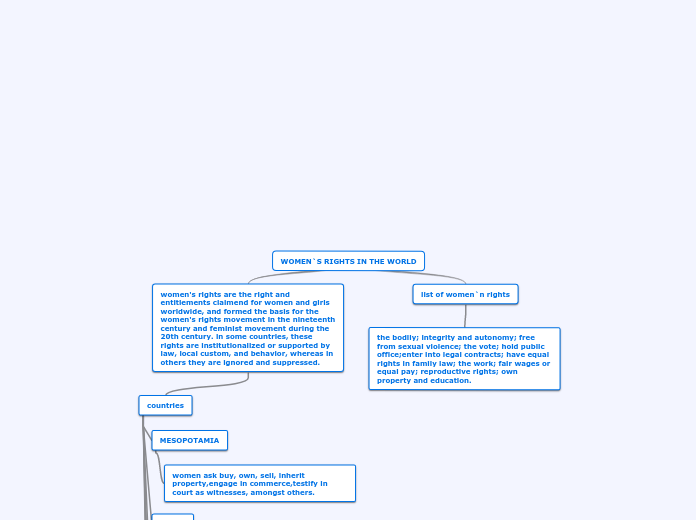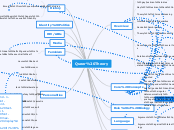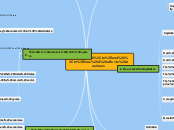Literary lenses
This template is designed to help you with studying for an exam or qualification. The ideas behind it are described in this article together with tips and suggestions for study techniques.
Begin by typing in the name of the subject that you are studying.
Psychoanalysis
The rest of the map (outside the Dashboard and baseline) is for Mind Mapping or Concept Mapping your notes and summaries. If you use multiple maps, make links to them from this one.
Psychoanalysis can be an
invaluable tool for an English
teacher when it comes to
analysing
literature and developing
students'
critical thinking skills.
By
exploring the theories of Freud,
Jung, and Lacan, an English
teacher can help students analyse
the psyche of characters and how
their environment affects their
subconscious.
Additionally, the application of
psychoanalytic criticism can help
students develop their critical
thinking skills and their ability to
analyse and interpret literature
beyond the superficial level.
Post-structuralism/Deconstruction
Post-structuralism/deconstruction is
an important theoretical framework
for English teachers to understand
and apply in their classes.
It challenges traditional notions of
meaning and interpretation and
encourages critical thinking and
analysis of texts.
Overall, understanding and
applying
poststructuralism/deconstruction
can improve English literature
lessons and help students become
more reflective and critical readers.
New Criticism
Map out what you already know about this subject. This will help you to connect new learning with previous knowledge.
The new critique is important to
the English teacher because it
provides a theoretical framework
for accurate reading and analysis of
the literature. By teaching students
the concepts of new criticism,
including the importance of
studying literary language,
recognizing tensions and
contradictions, and examining the
impact of literary devices, teachers
can help students develop critical
thinking skills and a deeper
understanding of to gain the
meaning of a work of literature.
Additionally, New Criticism can be
used to evaluate current texts and
teach students how to identify key
points and find supporting
evidence.
Queer Theory
Using queer theory, English
teachers can help students critically
analyze the assumptions and biases
that underlie traditional literary
analysis and explore alternative
perspectives and interpretations of
texts.
Additionally, by incorporating
queer literature and perspectives
into the curriculum, English
teachers can help create a more
open and welcoming classroom
environment for LGBTQ+ students
and their allies.
Marxism
Add resources that will help your studies in the topics below.
By examining the ways in which the
text reinforces or critiques
capitalist, imperialist, or
classvalues, students can gain a
deeper understanding of the
social, economic, and political
contexts in which the work was
written.
By analysing how text strengthens
or weakens dominant ideologies,
students can develop a more
detailed understanding of the
world around them and begin to
think critically about the issues
affecting their own lives.
By teaching students to analyse
literature from a Marxist
perspective, teachers can help
them better understand how class,
race, gender, and other forms of
oppression operate in our society.
If you have been given a reading list, map it out below, and add any other relevant publications such as professional journals, published papers, conference proceedings, webinars, and other books.
Feminism
The 'dashboard' topic holds useful information to help organise your studies. It is separate from the notes themselves.
Feminism is important to an
English teacher because it allows
for a more open and diverse
approach to literature.
By incorporating feminist critiques
into the classroom, teachers can
encourage students to analyse and
interpret texts through the lens of
women's experiences and
perspectives.
It can lead to a deeper
understanding of the intricacies of
literature and the world around us.
Additionally, teaching feminist
literature and criticism can help
challenge and dismantle harmful
gender stereotypes and biases that
may exist in the traditional literary
canon.
Overall, integrating feminism into
English classes can create a more
inclusive and stimulating learning
environment for all students.
Map out the syllabus for this subject in the tree below. If you have not received a syllabus, make sure you get a copy.
Structuralism
By focusing on the basic units of
text, such as signs and symbols,
and the rules that govern them,
structuralism allows for a deeper
understanding of how text creates
meaning.
Second, structuralism can help
students develop their language
skills.
It can help them become more
aware of the power of language
and how it shapes our
understanding of the world.
Finally, structuralism can help
students make connections
between different cultural texts and
images.
This can help them develop a
broader understanding of how
language and culture intersect and
shape our understanding of the
world.









